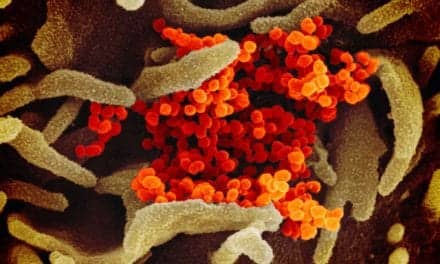Health Canada has approved Beyfortus (nirsevimab) for the prevention of respiratory syncytial virus (RSV) lower respiratory tract disease (LRTD) disease in newborns and infants.
The single-dose immunization, developed jointly by Sanofi and AstraZeneca, can be used in babies during their first RSV season and children up to 24 months of age who remain vulnerable to severe RSV disease through their second RSV season.
The approval was based upon a clinical development program spanning three pivotal late-stage clinical trials, including results from the Phase 3 MELODY trial recently published in the New England Journal of Medicine.
“Today is a historical day for RSV prevention as decades of research and development culminate in Canada’s approval of the first immunization against RSV disease. Beyfortus, designed using a long-acting mAB, will help meet a vast unmet need in RSV prevention, providing parents with an option to protect their infants during the first RSV season,” says Jason Lee, head of vaccines medical affairs at Sanofi Canada, in a release.
The drug was developed to offer newborns and infants direct RSV protection via an antibody to help prevent LRTD caused by RSV. Monoclonal antibodies do not require the activation of the immune system to help offer timely, rapid, and direct protection against the disease.
“Respiratory syncytial virus significantly impacts infants and children whom I care for in community and hospital settings. I am excited to hear that nirsevimab obtained Health Canada approval,” says Steven Moss, MD, FRCPC, DipABPed, associate professor of pediatrics at the University of Toronto, in a release.
In March 2017, Sanofi and AstraZeneca entered into an agreement to develop and commercialize Beyfortus. Under the terms of the agreement, AstraZeneca leads development and manufacturing activities, and Sanofi leads commercialization activities.
Beyfortus is expected to be available to newborns and infants for the upcoming 2023/2024 RSV season.










